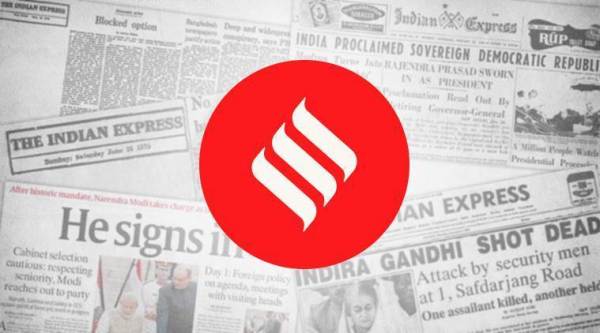 But with cases in India crossing one million and showing no signs of slowing down, opening schools remains rife with risk — and should be approached with immense caution.
But with cases in India crossing one million and showing no signs of slowing down, opening schools remains rife with risk — and should be approached with immense caution.
The coronavirus pandemic has led to a crisis in education, amplifying and deepening the many fault lines that existed in an already unequal schooling system. In the push to move education online, millions of children, who do not have the privilege of geography, income and broadband speeds, are being left disadvantaged. In this context, the Union Ministry for Human Resource Development’s three-day deadline to states and Union territories, asking them to come back with parents’ views on when they would want schools to reopen — August, September or October — might seem like another pragmatic step that will allow us “to live with the virus”.
But with cases in India crossing one million and showing no signs of slowing down, opening schools remains rife with risk — and should be approached with immense caution. Convincing the adult population to follow social distancing and wear masks is still work in progress, as is amply evident in public places. To expect children to be better at it, when put together in enclosed spaces, is a wholly unrealistic assessment in the middle of a pandemic. How, then, do governments and societies come up with a solution that compensates for the absence of this vital social space in the lives of children? One way would be to stop panicking about children “falling behind” in some imaginary academic race. The closure of schools is a setback in many other ways — for the millions of children whose nutrition is supplemented by mid-day meals, for example, it has grim implications for their future health. For others, it is a loss of solidarity and social life that has consequences for mental health. For teachers who have not been paid salaries, it underlines how societies have undervalued their skills.
But like Kerala and other states have shown, it is possible for states and local communities to set priorities — deliver mid-day meal rations to children’s homes, or mobilise funds from the community to buy mobile phones, smart televisions and smartphones — so that children grow as well as keep learning. The pandemic has revealed, again and again, that negligible investments in public goods — such as health and education — hobble societies. And that top-down diktats are not enforceable in an exploding crisis. It is local governments that, for better or worse, have the responsibility of containment and mitigation. Similarly, in the absence of a vaccine, communities, panchayats, schools and parents should be encouraged and empowered to decide if and when to reopen the classroom, and how to teach in a way that no child is left behind.